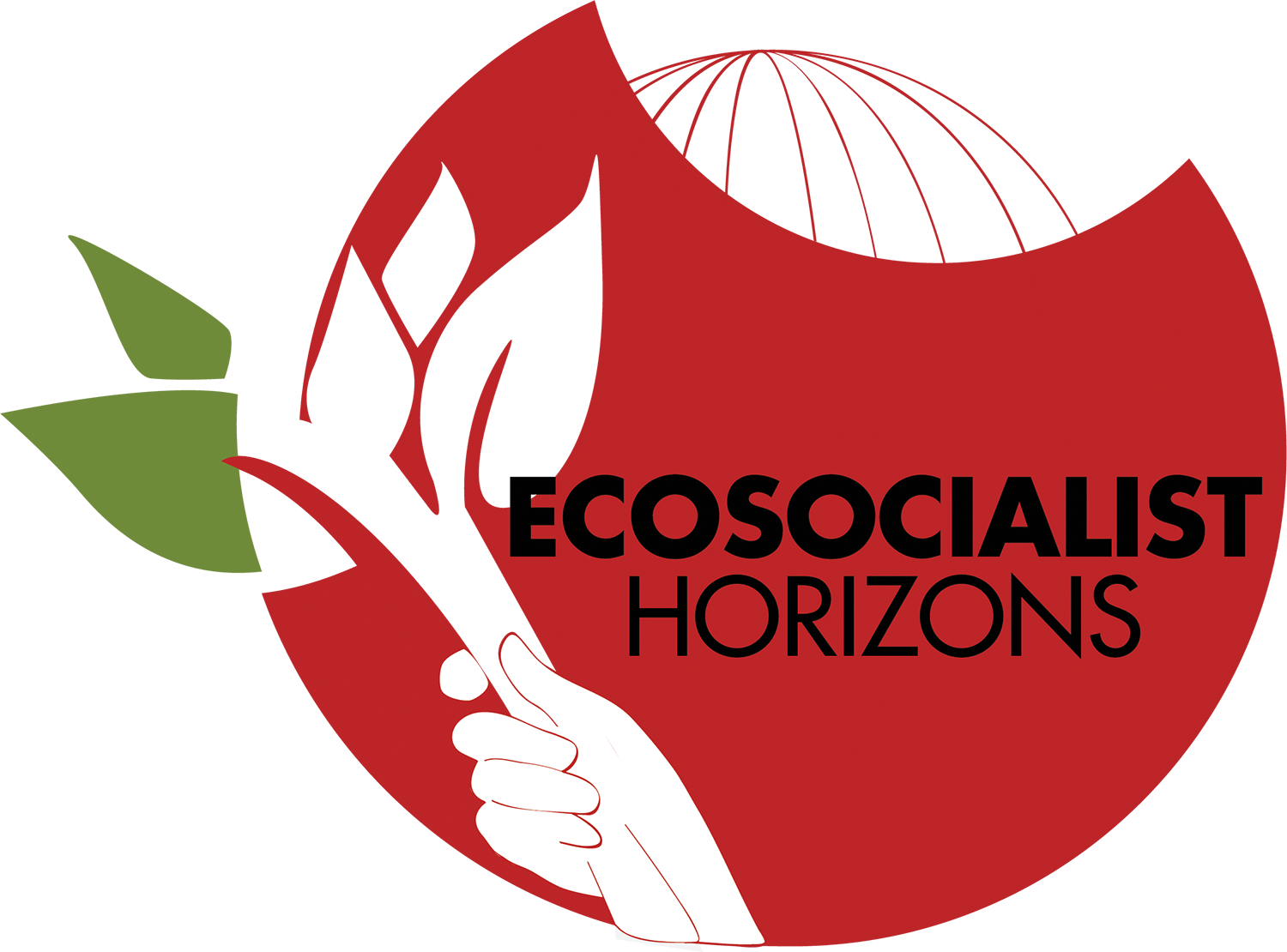Welcome to the Beginning and the End
November 27, 2011
Welcome to the beginning and the end of the world. This is the historic gauntlet of 2011: Unprecedented demonstrations of popular power have inspired a common sense of hope and promise on every continent. Yet if the beginning seems near for humanity, global ecology is simultaneously disintegrating toward a point of no return. Social movements for justice are growing fast, but natural ecosystems are in even more rapid decline.
This paradox culminates today in the city of Durban, South Africa, at the 17th United Nations meeting on climate change. South Africa has both the highest rate of protests in the world, and also the highest rate of pollution — per capita carbon dioxide emissions in South Africa are twenty times higher than even the United States. Durban is at the center of this paradox — it is one of the most polluted cities on earth, and also has an unparalleled history of popular resistance.
Nothing less than the fate of the planet is at stake here. Climate change is not on the horizon but well underway. According to a 2009 UN report, already 300,000 people die every year as direct result of climate change. Only about 10% of these deaths are the result of extreme weather events, of which the same report says that there are now 400 every year. The vast majority of fatalities are the result of the gradual changes that rarely make headlines but are in fact even more catastrophic.
The location of these meetings in Africa is pivotal and poignant. Africa of all continents will suffer the most from climate change. In 2008, Archbishop Desmond Tutu warned that on this continent alone, 185 million people may die in the next 100 years due to climate change. Will the Durban negotiations rise to the challenge and prevent this horrific possibility?
If precedents set at earlier UN meetings are followed, the prospects are bleak. Given previous agreements in Copenhagen and Cancun, the current trajectory is towards a 4-5 degrees celsius rise in the global climate by the end of this century. The science is very clear on the implications of this kind of warming — even a two degree increase has been described as “certain death for Africa.” And without any enforcement mechanism to ensure that even these criminal levels are not exceeded, the temperature increase may reach as high as 7 degrees before the century is over. Time is running out. Durban may well be the last chance for the governments of the world to pull the emergency brake.
If business as usual prevails in Durban, it could go down in history as the greatest crime in the history of the world — a crime against all humanity and a crime against all nature. It is tempting to hope that the representatives of the world’s governments will recognize this; that they will suddenly awaken and do the right thing. But more is at stake than political careers. An entire economic system is on trial in Durban, a system whose growth is almost 100% correlated with greenhouse gas emissions. We cannot afford to underestimate the uncompromising logic of the capitalist system. The metastasis has arrived, and the terminal cancer of capital has spread from economy to ecology. Its representatives will not and cannot save us.
But there is cause for hope in Durban. Thousands from around the world are gathering who will not be attending the official UN meetings. They are here not just to protest, but to share and coordinate alternative visions and strategies for climate justice. If any deal is made in Durban that holds hope for humanity and nature, it will not be made in the official conference center, but by the global movement that has converged outside.
In the coming days, we will be participating in the mobilizations, teach-ins, conferences and debates that are all a part of this historic convergence. We will do our best to include you through this website. Our coverage may be modest, but our goals are world-historic: to search and struggle in solidarity with sisters and brothers from around the world — for a global understanding of our common challenges and what must be done to overcome them, for a collective definition of the next paradigm for human civilization, and for strategies to unite our diverse struggles toward an ecosocialist horizon.
Stay tuned!
This post is part of a series. A delegation from Ecosocialist Horizons is in Durban, South Africa, bringing you reports from the United Nations conference on climate change, known as COP 17.

